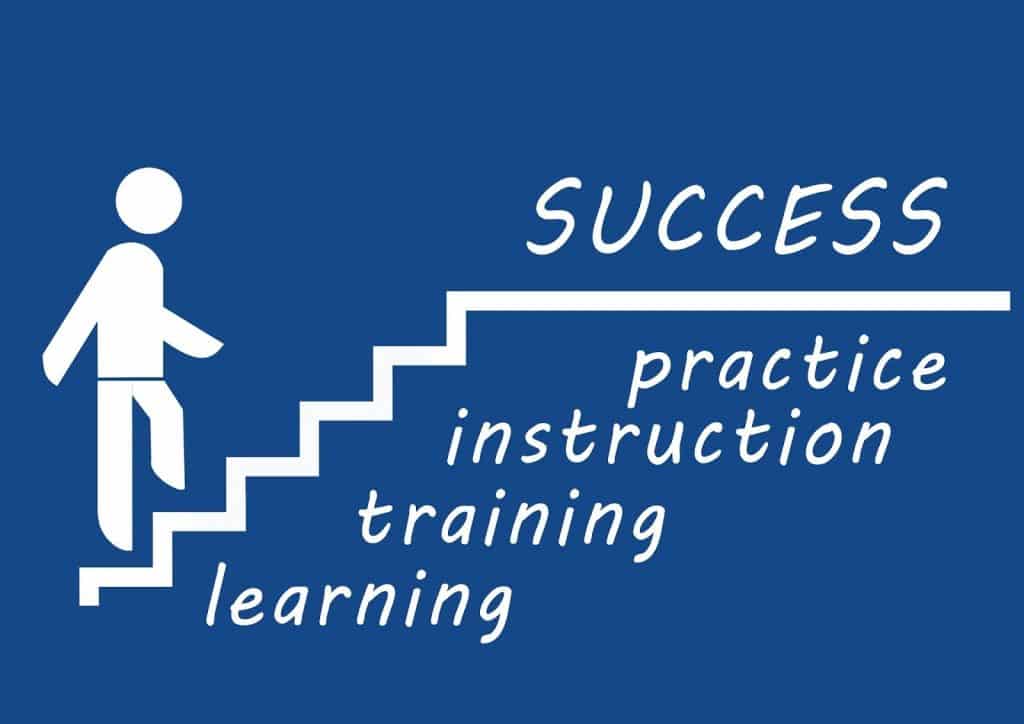Some research reflects that more than half of new supervisors and managers assume their new role with little or no training. While this is a common practice due to skilled individuals earning the promotion or position, the result can negatively impact not just the individual but also the team and the organization. Treating your new supervisors as an investment will ultimately benefit the team and the organization’s future.
Arrow Up is here to walk you through some key highlights when training your new supervisors.
Pitfalls that Trouble New Supervisors
Pitfall 1: Exposing the organization to liabilities
When a supervisor or manager isn’t trained properly, it can lead to some serious liabilities. It’s important they are knowledgeable about current employment laws and able to follow legal guidelines when interacting and hiring candidates. Make sure that supervisors and managers know what questions are acceptable work topics for interviews.
Knowing the basics of FLSA and how it affects the employees is important. Your supervisors should also know how to be consistent with their disciplinary practices and employee leave. Also, be sure to train for safety, anti-harassment, sexual harassment, and how to deal with friendships in the workplace.
Related: Safety Programs
Pitfall 2: Poor communication skills
Several problems can turn into poor relations between employees and management, such as misunderstanding job tasks or not communicating clear expectations. Those issues often stem from ineffective feedback and poor listening, and that can lead to frequent management problems.
Some questions to consider:
- Do supervisors establish positive relationships with their employees? Remember, there can be a lot of different relationships in the workplace. Your management team must be trained on how to handle friendships. For example, a newly promoted supervisor might be close friends with the crew and could show favoritism.
- Are your supervisors utilizing in-person communication? Including actively listening to your employees’ problems, questions, and concerns. They also should be able to engage the employees to express their viewpoints and clarify issues that an employee might have.
- Non-verbal communication is also important with employees. Their body language must match their tone and instructions. That will lead to less confusion. It will also help keep employee-management relationships at a minimum.
- Are your managers able to provide the employees with constructive feedback? Again, if there are friendships in the workplace, issues may arise from unfairness. Supervisors and managers must be able to thoroughly recognize both poor performance and where an employee excels at to aid in behavioral changes.

Pitfall 3: Failing at conflict resolution
In every workplace, there will always be some form of conflict. This is an area where many managers fail. Most just don’t have the proper skill set to recognize conflict or know how to minimize the negative conflict. Most choose to avoid it altogether, and the result can escalate into an at-risk employment situation.
Pitfall 4: Not understanding the new role
Lack of understanding can lead to many types of performance issues. If supervisors and managers are promoted from within and lack training, they might not understand the new expectations of their role. That lack of training can cause employee inconsistencies and friction with other managers cultivating for a poor workplace. Be sure that you are thorough with your newly appointed supervisor in regards to what you expect of their role. Being approachable and helping them through the transition by answering questions can be of great value to their growth.
Related: Online Courses
Common Challenges Supervisors Face
No matter where we are in life or what job we are performing, there will always be challenges. Being a supervisor or manager adds to the challenge. Leading people and policies can be a tough balance to maintain.
Communication
An employee stepping up into a supervisor role may not be aware of their communication style or how it affects the employees. To be successful, your supervisors must be aware of their unique communication styles and the employees they are managing. Be sure to educate your management team on how to spot the signs that lead to communication problems and how to avoid or address them as the need arises.
Try to provide communication templates when you can and engage in role-play dialogue to practice their skills. You can also hire professional trainers to help with this, like Arrow Up.
Conflict Resolution
Ignoring problems only leads to more problems. These include performance issues, conflict with team members, and further trust and personality clashes. Training on how to handle these situations is a must for new supervisors and managers. They will need to be able to diffuse tension and acknowledge employees’ feelings and emotions in regards to the problem at hand.
Related: Anti-harassment law

Performance Management
Supervisors balance a lot. They must balance meeting goals, managing workloads, and motivating employees—those responsibilities paired with the fact that most supervisors are not trained properly to give productive, constructive feedback creates a huge learning curve. Be sure to create an easy method for supervisors to track and document performance. Also provide support for those tools so that the management team can build their own skills. Most importantly, be sure to train your supervisors on topics such as how to manage performance, how to coach, and how they can give proper feedback to employees.
Compliance
Another thing that most supervisors and managers are not well versed in is administering FMLA, ADA, OSHA, and other laws that protect employees. Some pass that off as only a job for HR, but that can cause friction. Supervisors may find themselves managing employees who require accommodation.
Delicate situations like this need to be handled a particular way due to their legal nature so be sure that your management team is aware of:
- The legal basics surrounding protected disabilities or conditions.
- How to determine essential functions as well as reasonable accommodations.
- They should know the basic requirements associated with FMLA.
- Know what types of employees are protected under the law, such as race, gender, nationality, etc.
- What questions they can and cannot ask during interviews.
Conclusion
Having a fully and properly trained team of management is essential. Ensuring that your team will know what to do when a problem arises and how to address themselves in potentially legal situations can help save you money in the long run. So it is wise to invest in professional training.
Want professional help with training your supervisors and managers? Arrow Up has safety and compliance forms to help you to help your management team.



